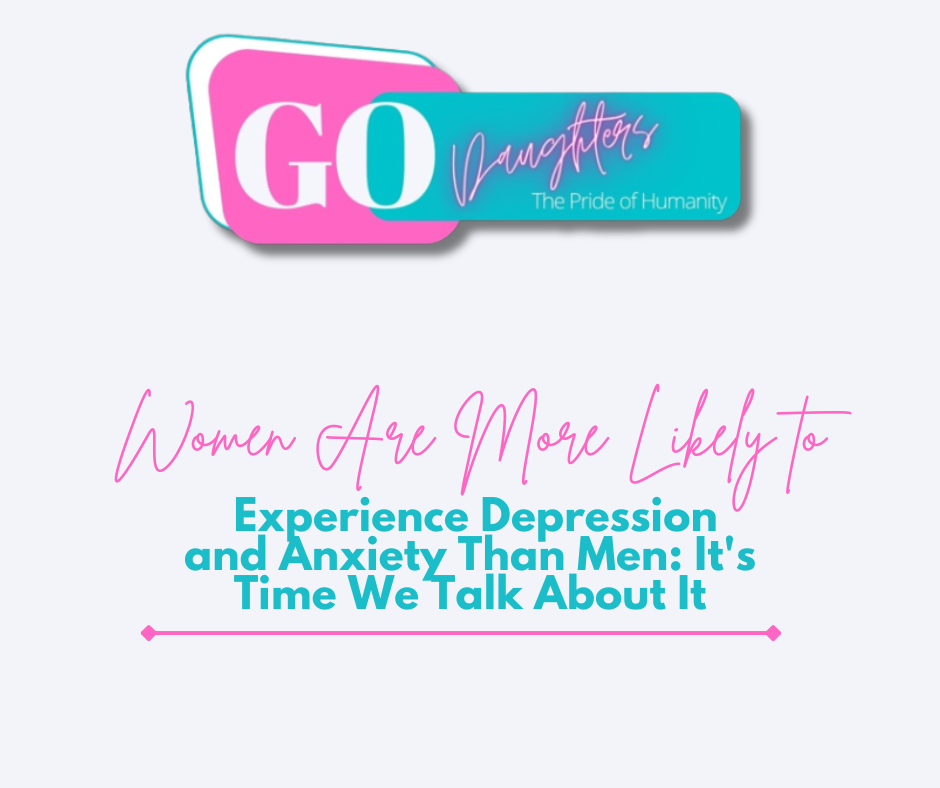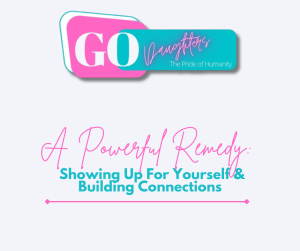
Depression and anxiety are not just individual issues. They are social, cultural, and economic concerns — and women are bearing the brunt. The truth is hard: women are significantly more likely to experience depression and anxiety than men. This is not a coincidence. It is the result of a world that, for too long, has asked women to stay silent, suppress their needs, and serve others first. Today, I want to have a human conversation about it — as a woman, as a leader, and as someone who has watched far too many sisters suffer in silence.
This is not just data. This is reality.
The Silent Crisis Behind the Smile
From teenage years through adulthood, women face pressures that are often invisible yet profoundly damaging. Societal expectations force them to perform multiple roles — mother, wife, employee, caregiver, nurturer — often without adequate recognition or rest. Hormonal fluctuations, body image issues, postpartum stress, career discrimination, gender-based violence, and emotional labor all stack up. And yet, many are told, “you’re just being emotional” or “you’ll get over it.”
This mindset is dangerous. It normalizes suffering. It delays help. And in many cases, it costs lives.
It’s Not Weakness — It’s Weight
Let’s be clear: being depressed or anxious is not a weakness. It’s a response to real weight — emotional burdens that are compounded by inequality, trauma, and silence. Many women wake up every day with a smile while fighting invisible battles inside. They are functioning — yes — but they are not thriving. And that gap is growing wider.
Women are twice as likely to suffer from anxiety disorders and more likely to be diagnosed with depression. Not because they are biologically “weaker,” but because the system makes it harder for them to breathe. We must stop treating symptoms and ignoring root causes.
The Urgency to Act: Every Minute Matters
This is not something to think about tomorrow. Women are suffering now. Girls are dropping out of school because they feel unworthy. Mothers are crying in silence because they believe they must be “strong” for everyone else. Professionals are quitting because their mental health is collapsing under performance pressure. Every minute we delay action, another woman drifts deeper into darkness.
What Can You Do — Right Now
Whether you are a woman reading this or someone who loves one, this is a call to action.
-
Listen Without Fixing: Let women speak about their mental health without judgment or interruption. Sometimes listening is more healing than advice.
-
Break the Shame: Talk openly about mental health in homes, schools, offices, and social spaces. Silence breeds shame. Awareness breeds change.
-
Encourage Professional Help: Therapy is not a luxury or weakness. It’s essential healthcare. Normalize seeking help.
-
Create Safe Spaces: At work, at home, in communities. Make it known that women can be vulnerable, supported, and empowered — all at once.
-
Support Women-Led Initiatives: Organizations like Go Daughters exist to uplift, empower, and support women through education, leadership, and mental health advocacy. Get involved. Donate. Collaborate. Advocate.
Why This Matters to Me — And Why It Should Matter to You
As the founder of Go Daughters and the co-founder of 28 Credentials of Entrepreneur, I have met hundreds of women — entrepreneurs, students, mothers, survivors — who carry invisible scars. Many of them never told anyone. Until it was too late. I carry their stories with me every single day. And I want to use every platform I have to say this:
You are not alone. You are not dramatic. You are not weak. You are human. And your pain deserves to be seen, heard, and healed.
This Is Your Wake-Up Call
If you’ve been brushing off your feelings, this is your sign to stop. If you know a woman who’s been acting “fine,” this is your cue to check in deeply. If you lead a workplace or a home, this is your responsibility to create support systems. We need action, not awareness alone. Not someday — but today.




